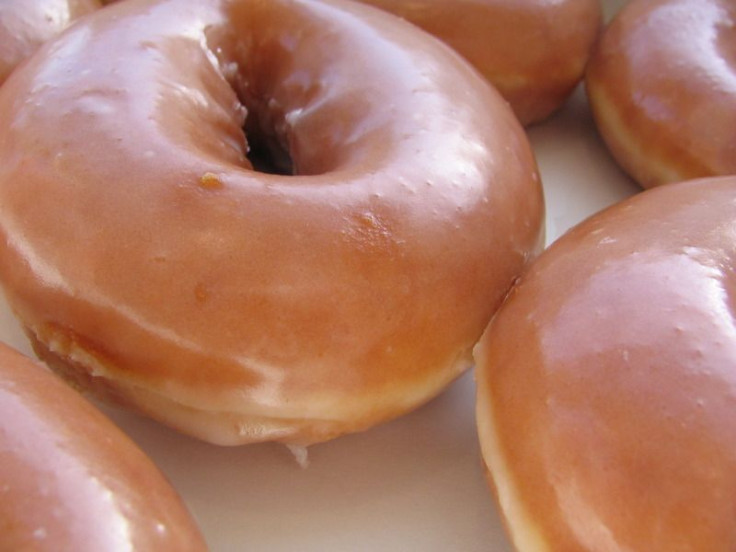High-Fat Diet May Alter Behavior And Brain: Gut Bacteria May Increase Anxiety, Impaired Memory

So often we hear about the negative effects of a high-fat diet: The more fatty foods we eat, the more we put ourselves at risk for diseases, such as obesity and heart disease. But do high-fat foods threaten our psyche, too?
A study recently published in the journal Biological Psychiatry hypothesized a high-fat diet produces changes in health and behavior (partly) by altering a person’s gut microbiota. Prior research suggests “alterations in the microbiome may underlie the host’s susceptibility to illness, including neuropsychiatric impairment” — and present researchers decided to put this theory to the test. The transplanted gut microbiota from mice maintaining a high-fat or control diet to non-obese mice maintain a normal diet.
When evaluating recipient mice for changes in behavior and cognition, the mice who received microbiota from the mice maintaining a high-fat diet experienced increased anxiety, impaired memory, and repetitive behaviors. They also showed “many detrimental effects in the body, including increased intestinal permeability and markers of inflammation.” This is all in addition to signs of inflammation in the brain.
In humans, inflammation in the brain has been linked with severe depression.
"This paper suggests that high-fat diets impair brain health, in part, by disrupting the symbiotic relationship between humans and the microorganisms that occupy our gastrointestinal tracks," Dr. John Krystal, editor of Biological Psychiatry, said in a press release.
In a column for Psychology Today, Dr. Gary L. Wenk, a professor at Ohio State University, said almost everything we consume directly or indirectly effects our brain. The foods we consume in high doses (think coffee and sugar) have immediate effects, while different amino acids and carbohydrates with a high glycemic index, like potatoes and donuts, affect the brain over a period of a few days to weeks. Most studies, however, focus on what happens when we don’t get enough of them, not so much when we overconsume them.
“In truth, no one ever considers these distinctions when eating — we just eat what tastes good,” Wenk said. “Sadly, our brains powerfully reward us when we eat sugar, fat, and salt; thus, there is an oncoming epidemic of obesity-related illnesses. Food has both negative and positive effects, and it all depends upon what you consume, how much you consume, and for how long.”
What’s interesting in the present study is the fact brain function was altered even in the absence of obesity, advancing the existing idea there’s a link between psychiatric conditions and gastrointestinal symptoms. Krystal and his team concluded more research needs to be done, but as is, their findings suggest “the gut microbiome has the eventual potential to serve as a therapeutic target for neuropsychiatric disorders.”
This feels like a good time to remind you not all high-fat foods are bad. Foods, like avocados, walnuts, and wild salmon can help you stay healthy, Dr. Mark Hyman said.
Source: Bruce-Keller, AJ et al. Obese-type Gut Microbiota Induce Neurobehavioral Changes in the Absence of Obesity. Biological Psychiatry. 2015.



























